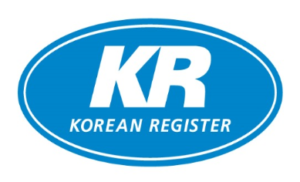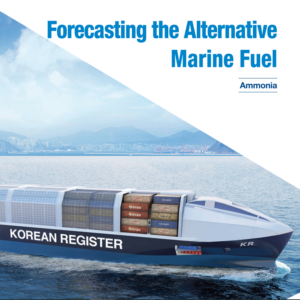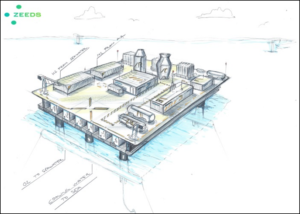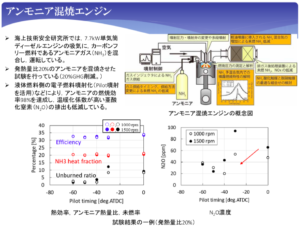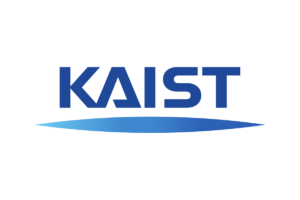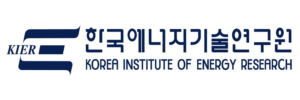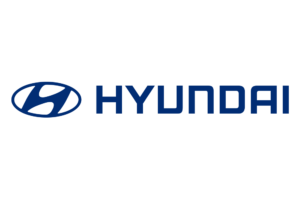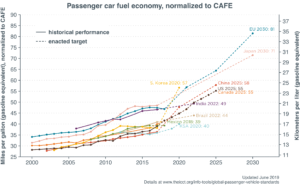Last week the classification society Korean Register of Shipping (KR) released Forecasting the Alternative Marine Fuel: Ammonia, a “technical document on the characteristics and the current status of ammonia as ship fuel.” One hesitates to take the title too literally, but the report really does forecast that ammonia will be the alternative marine fuel. Over the last year, a number of maritime transport stakeholders – engine producers, government agencies, other classification societies – have identified ammonia as a promising means of industry decarbonization. But in joining the group, KR makes a notably explicit and complete case in ammonia’s favor.
South Korea
The maritime sector's ammonia learning curve: moving from scenario analysis to product development
ANNUAL REVIEW 2019: The maritime industry is learning about ammonia fast. It is searching for a new bunker fuel, and ammonia is one of the few options that can realistically deliver a 50% reduction in the sector's GHG emissions by 2050. The IMO declared this target in April 2018 and, in last year's Annual Review, I wrote about all the reports that were published demonstrating that ammonia could deliver this outcome. In the last 12 months, by contrast, we have moved quickly beyond analysis and into engineering design, technology testing, and product development.
Maritime ammonia engines in Japan; ammonia shipbuilding in South Korea
This week, Japan Engine Corporation (J-ENG) announced the launch of a new R&D program, in collaboration with the National Maritime Research Institute, that focuses on engine development for "combustion of carbon-free fuel (e.g. hydrogen and ammonia)." Five hundred miles across the Sea of Japan, DSME has completed a techno-economic feasibility study comparing three fuels: HFO (with scrubber), LNG, and ammonia. The results of this study will be presented at the Ammonia Energy Conference, in Orlando, FL, on November 13. DSME is one of the three big shipbuilders in South Korea, and its business case for ammonia is strong enough that now "DSME is planning to expand our technology and business to NH3 engineering and systems for commercial ships."
Fuel Economy Standards, and the Roles of Ammonia
In the news this week, California and four automakers (BMW, Ford, Honda and VW) signed an agreement on fuel economy standards, rising 3.7% per year to about 50 MPG in 2026. This agreement, as well as previous California and Federal standards, give automakers flexibility to meet the standards with incentives and credits for new technology such as electric, hybrid, and alternative fuel vehicles.
